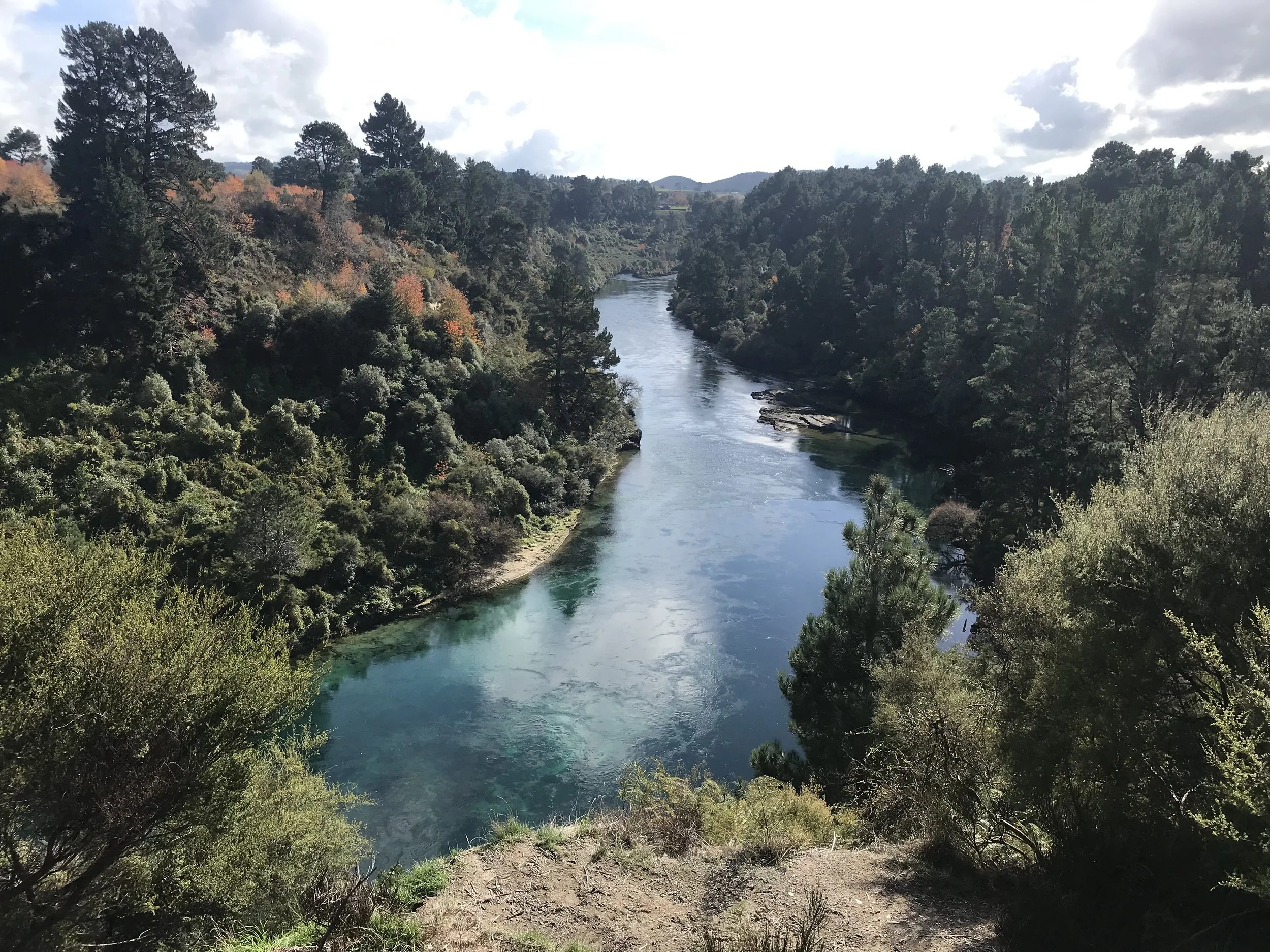Joint management vote deferred
After an hour of questions and debate Thursday’s Taupō District Council meeting decided to defer a vote on signing the draft joint management agreement (JMA) with Tūwharetoa Māori Trust Board (TMTB).
By Chris Marshall
The council will look again at signing it “as soon as practicable” – following the October local body elections.
The JMA, required by law, brings the trust board, representing the district's largest landowner and iwi, and council together to manage, protect and restore the health and wellbeing of the Upper Waikato River.
It covers a range of mandatory matters but at the request of TMTB, has been extended to cover Lake Taupō and its tributaries and other matters including opportunities for staff collaboration, joint work on economic development, working together on service infrastructure and a three-year work programme of joint projects.
In the end the vote was reasonably close with the deferral motion as proposed by Mayor David Trewavas and seconded by Sandra Greenslade, carried by Rachel Shepherd, Christine Rankin, Duncan Campbell and Kylie Leonard (six) over the votes of John Williamson, deputy mayor Kevin Taylor, Danny Loughlin, Karam Fletcher and Yvonne Westerman (five).
Councillors Westerman and Leonard joined the meeting via audio link and took little part in the discussion while Kristy Trueman was an apology.
An amendment to undertake formal community consultation on the additional matters in the expanded draft JMA, originally proposed by Campbell was not seconded but a refinement following input from Rankin was voted down 6-5.
A fair amount of time was spent revisiting the idea of community consultation – which council staff once again advised would serve no purpose for the JMA’s mandatory aspects and was not triggered under their analysis of the council’s significance and engagement policy.
Council’s co-governance management partner Sue Mavor, said it could be arranged if council decided it was desirable, though councillors speaking against it felt disquiet at attempting to bind a future council to any action.
While a formal consultation process did not get the go ahead, Taylor noted this didn’t preclude people getting in touch with councillors to pass on their thoughts, reiterating his offer to speak to anyone about the JMA to clarify its content and impact.
With standing room only in the public gallery, and a pre-meeting build-up that included both the Hobson’s Pledge organisation, at the instigation of Campbell, and TMTB calling on the public to send communications to the council, the meeting couldn’t help but involve some quite evident acknowledgement of the audience by councillors.
Statements by both Rankin and Shepherd attracted short bursts of applause while a plea by Fletcher, who is not seeking re-election, garnered murmurs of support.
The lingering misconception that a future council was being bound to an agreement it could not extract itself from was at least twice given voice by Campbell though Williamson pointed out to both Campbell and Rankin that the agreement’s non mandatory matters could be terminated and the final decision on it rested with TDC.
By the end of the debate a frustrated Taylor was drawn to declare that everyone was entitled to an opinion “but opinions do not suddenly morph into facts. Facts are what they are. If I have an opinion on something the fact that I repeat my opinion multiple times doesn’t suddenly morph it into a fact.”
In a council release following the meeting Trewavas said despite the JMA being mandatory under the Ngāti Tūwharetoa, Raukawa and Te Arawa River Iwi Waikato River Act 2010, he felt there had been widespread community misunderstanding about what it involved, with claims it was more wide-reaching than it actually was.
“We can’t protect the Waikato River without also protecting its source, Lake Taupō. That’s what this agreement is about – working together to look after these taonga of our district,” he said in the release.
“It’s important to note that under this draft JMA, councillors will continue to make all decisions on work programmes and budgets. The agreement simply asks council staff and trust board staff to work together when it comes to activities that will have a direct effect on waterways. Early iwi engagement on projects like council infrastructure will strengthen council’s work, building support and avoiding issues before they arise.
“Council has worked collaboratively with its iwi partners for many years and recognising and acknowledging Māori values when making council decisions is not co-governance, it is about good decision-making.”
A statement from the trust board in response to the vote noted it was disappointed on the deferral.
The decision failed to meet the council’s legal obligations, the trust board release said.
It said the discussion at the meeting reflected a double-standard, noting the significant debate whether public consultation should occur, despite the council receiving clear advice that it was not required under the Local Government Act or council policy.
“The fact that consultation became the focus, even though it wasn’t required, makes it hard to ignore the sense of different standards being applied here,” said trust board chair John Bishara.
“This decision is out-of-step with the values many in our community expect and undermines the good work that has been done to this point.”
The trust board would now consider its options under the Waikato River Act 2010, the release said.

